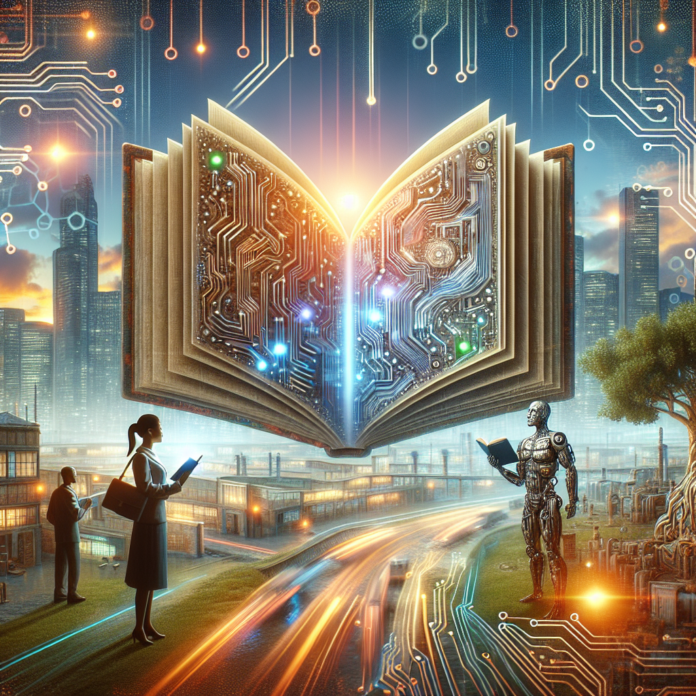The Future of Work: How AI Tools are Transforming Industries
In recent years, artificial intelligence (AI) has emerged as a transformative technology that is revolutionizing various industries. From healthcare to finance, AI tools are changing the way businesses operate and creating new opportunities for growth and innovation.
The Impact of AI on the Future of Work
AI tools are already being used in a wide range of industries to automate repetitive tasks, analyze data, and make predictions. This has led to increased efficiency, reduced costs, and improved decision-making. In the future, AI is expected to play an even bigger role in shaping the way we work.
One of the key ways AI is transforming industries is through automation. By using machine learning algorithms, businesses can automate tasks that were previously performed by humans. This not only saves time and money but also allows employees to focus on more strategic and creative tasks.
AI tools are also being used to analyze large amounts of data and extract valuable insights. This enables businesses to make better decisions and identify new opportunities for growth. In industries like healthcare, AI is being used to analyze patient data and develop personalized treatment plans.
The Future of Work: Opportunities and Challenges
While AI tools offer many benefits, they also present challenges for businesses and workers. One of the main concerns is the potential impact on jobs. As automation becomes more widespread, some jobs may become obsolete, leading to unemployment in certain sectors.
However, AI also presents new opportunities for workers. By automating routine tasks, AI tools can free up time for employees to focus on more complex and creative work. This can lead to increased job satisfaction and opportunities for career advancement.
Another challenge is the need for workers to adapt to new technologies and learn new skills. As AI becomes more integrated into the workplace, employees will need to acquire new skills to remain competitive. This may require ongoing training and education to keep up with the pace of technological change.
Conclusion
The future of work is being shaped by AI tools that are transforming industries and creating new opportunities for growth and innovation. While AI presents challenges for businesses and workers, it also offers many benefits, such as increased efficiency, improved decision-making, and new opportunities for career advancement.
As AI continues to evolve, businesses and workers must adapt to new technologies and acquire new skills to remain competitive in the digital age. By embracing AI tools and leveraging their potential, businesses can stay ahead of the curve and drive future success in a rapidly changing world.
FAQs
What industries are being transformed by AI tools?
AI tools are being used in a wide range of industries, including healthcare, finance, manufacturing, and retail. These tools are helping businesses automate tasks, analyze data, and make predictions to improve efficiency and decision-making.
What are the benefits of AI tools for businesses?
AI tools offer many benefits for businesses, including increased efficiency, reduced costs, improved decision-making, and new opportunities for growth and innovation. By leveraging AI tools, businesses can stay ahead of the competition and drive future success.
What are the challenges of AI tools for workers?
One of the main challenges of AI tools for workers is the potential impact on jobs. As automation becomes more widespread, some jobs may become obsolete, leading to unemployment in certain sectors. However, AI also presents new opportunities for workers to focus on more complex and creative work.
Unfortunately, since you have not provided an article title, I am unable to write 7 paragraphs about it. If you could provide more information or a specific topic, I would be happy to help craft a response.









